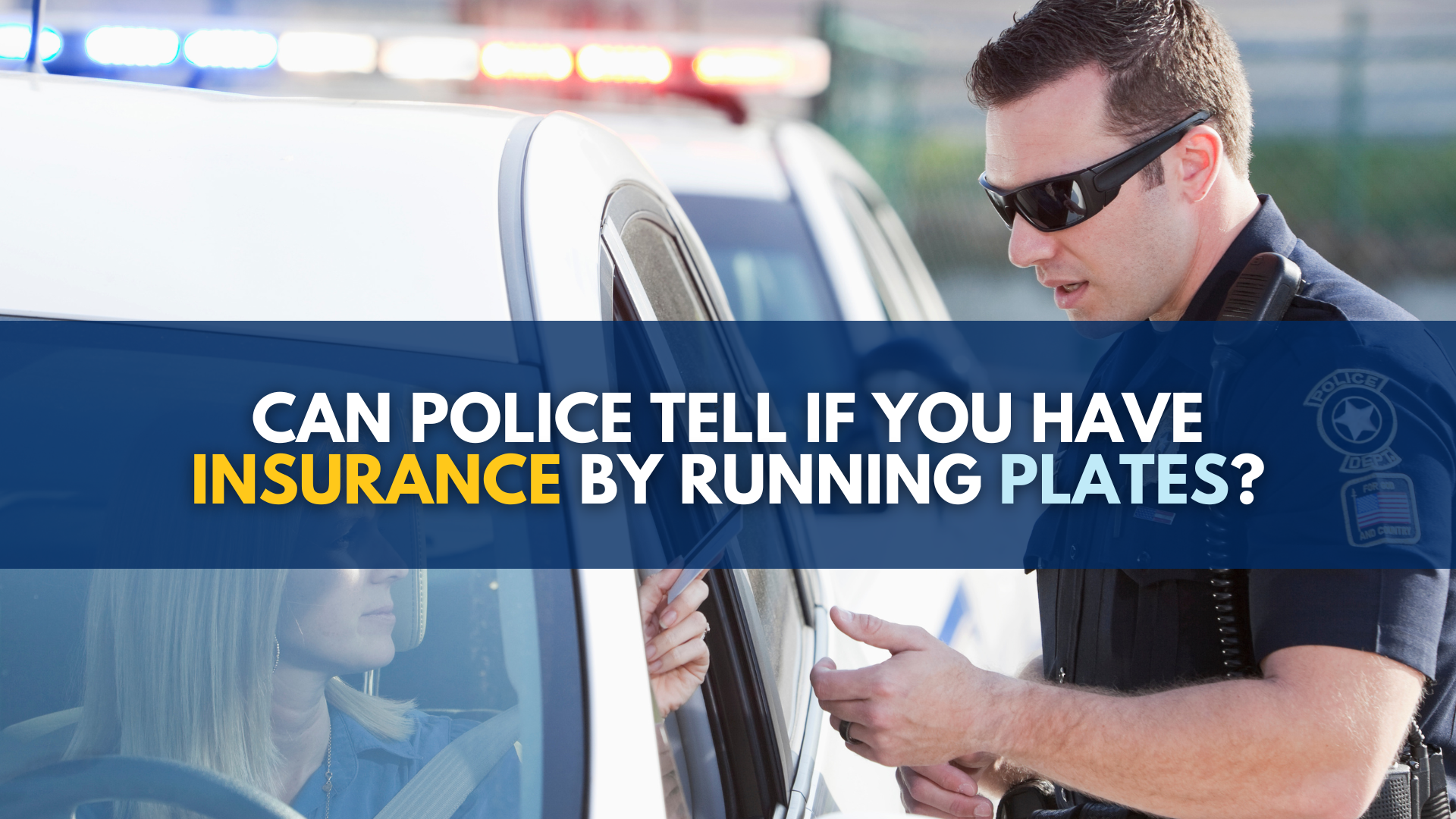I recently wrote a blog post about PLPD insurance and I received an interesting question from a motorcycle owner in response:
Q. How does Michigan motorcycle insurance come into play with PLPD? I have a car with “standard cheapest insurance” and am going to buy a bike [motorcycle], how does this play into my insurance?
A. It’s important to remember that insurance for motorcycles is very different from the insurance that’s required under the Michigan No Fault law for cars. This is because motorcycles are not considered “motor vehicles” under the No Fault law in Michigan.
Before we go further, it’s also important to define terms and remind people what PLPD really means. Here are a few things you need to know about PLPD, which stands for “Public Liability and Property Damage”:
-
- PLPD primarily implies that there is NO collision coverage on your motor vehicle. It does not imply any particular policy limit, because you can have an older car that is not worth carrying collision on, but still have high bodily injury policy limits (i.e. $100,000 per person/$300,000 per accident, $250,000 per person/$500,000 per accident, etc.). PLPD is inexpensive because collision coverage is usually one of the largest portions of the total cost of an insurance policy.
- In Michigan, a “PLPD” policy would on a motor vehicle (not a motorcycle) have mandatory No Fault PIP as well as $1 million in property protection insurance and $10,000 of Property Damage, the latter of which would only apply in an out-of-state accident. It does nothing to protect you or your family if you are injured because someone else is at fault.
- There are other non-mandatory coverages that protect you and your family from other wrongdoers and are optional, but highly recommended. These include limited property damage (mini tort coverage), uninsured and underinsured Motorist coverages, etc (our attorneys discuss these further below).
As to how PLPD fits in with motorcycles? The required $20,000 in PIP medical coverage for motorcycles will only apply when a motorcyclist is riding without a helmet and is in an accident that does not involve a motor vehicle, as defined by the Michigan No Fault Act (i.e. car, truck, etc.).
Additionally, motorcyclists must have their bikes insured with at least $20,000 per person/$40,000 per accident of bodily injury liability and $10,000 of property damage — or they will be disqualified from auto PIP if they’re in any type of accident or crash involving a motor vehicle.
If they are in any other type of motorcycle accident (i.e. motorcycle on motorcycle, single motorcycle, motorcycle and pedestrian, etc.) the motorcycle PIP will pay the medical expenses up to the Motorcycle PIP limit they chose on their policy.
In addition, motorcyclists need to carry collision coverage if they’re involved with a motor vehicle and want their bike to be fixed, unless the motorcycle is parked property when it’s damaged by a motor vehicle.
Here’s a list of insurance coverages our attorneys recommend for motorcyclists in Michigan:
Optional Personal Injury Protection (PIP) for motorcyclists: A motorcycle owner can still purchase additional optional contractual insurances, such as optional No Fault PIP, which includes medical benefits and lost in the event of a serious crash. There are few motorcycle owners who purchase this coverage in Michigan. Keep in mind, this is not the same coverage as provided by regular auto No Fault PIP insurance.
Uninsured and underinsured motorist coverage for motorcyclists: A motorcycle owner can also purchase other insurance, such as uninsured and underinsured motorist coverage (UM and UIM). These coverages provide a valuable source of legal recovery when someone is injured by another driver who is uninsured or does not have adequate insurance. Without a UM or UIM policy, a driver or passengers injured by an uninsured or underinsured motorist will have no source of legal recovery, other than filing a lawsuit against the at-fault driver for his personal assets.


